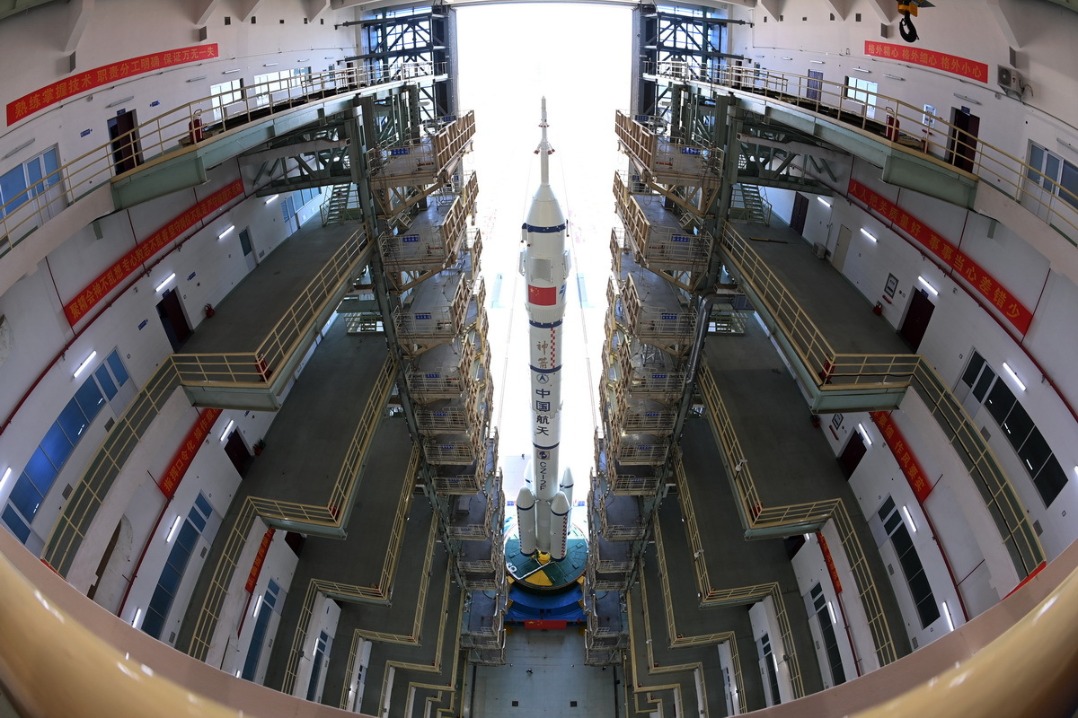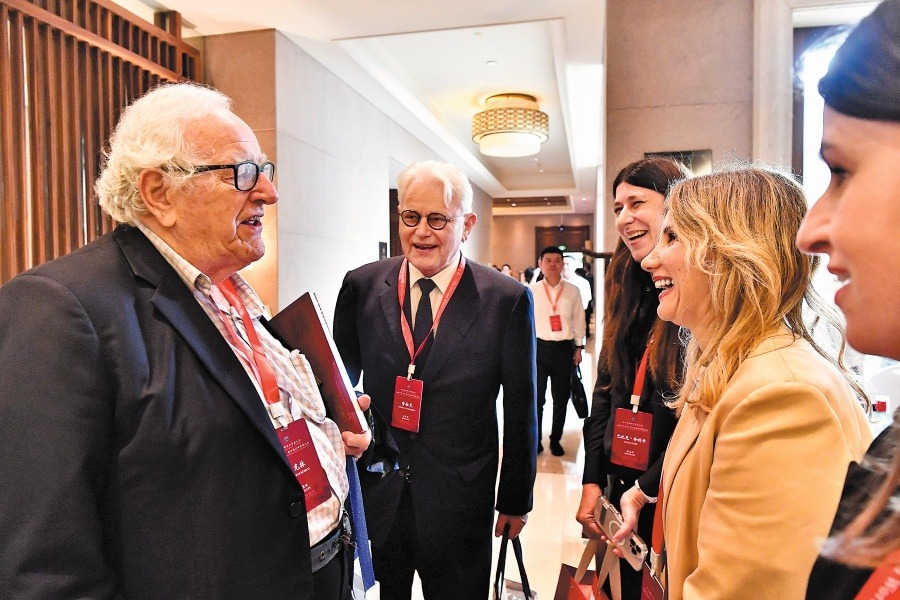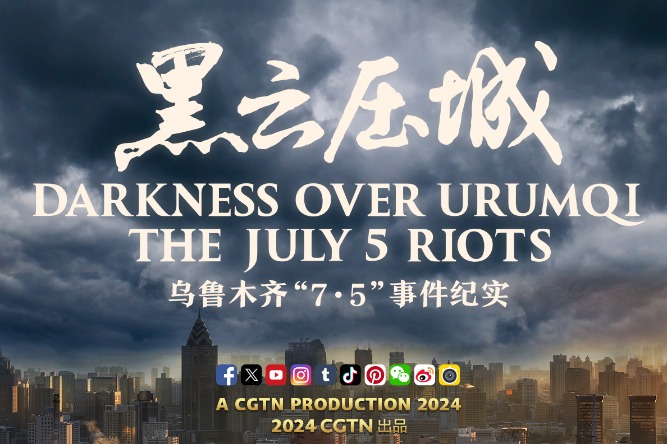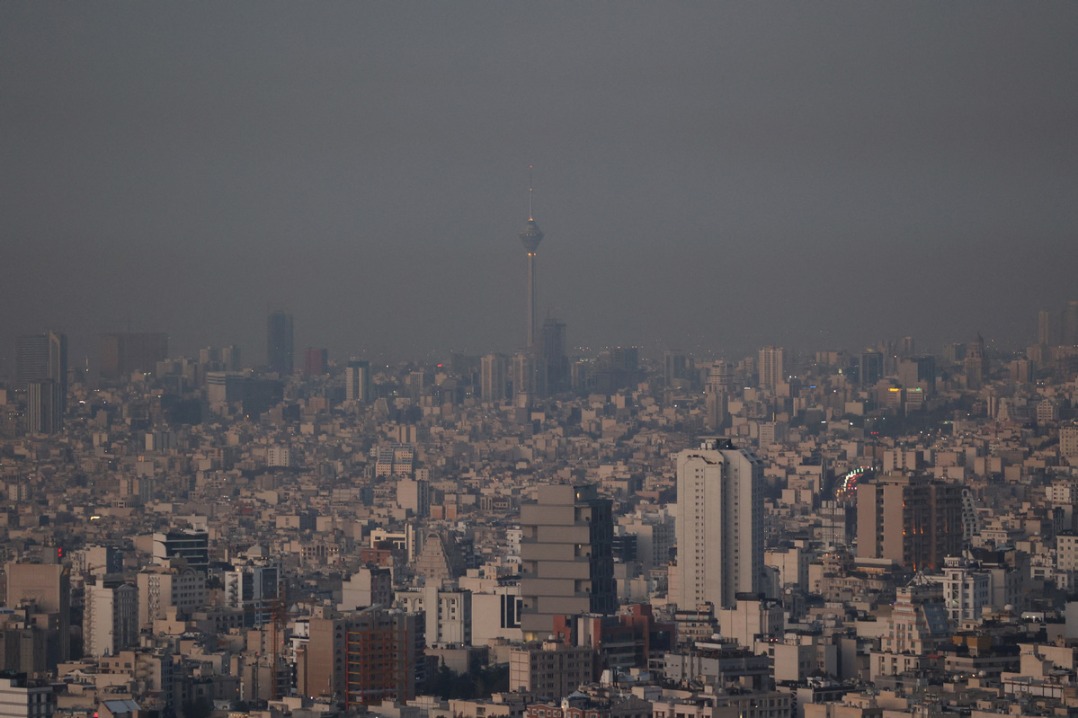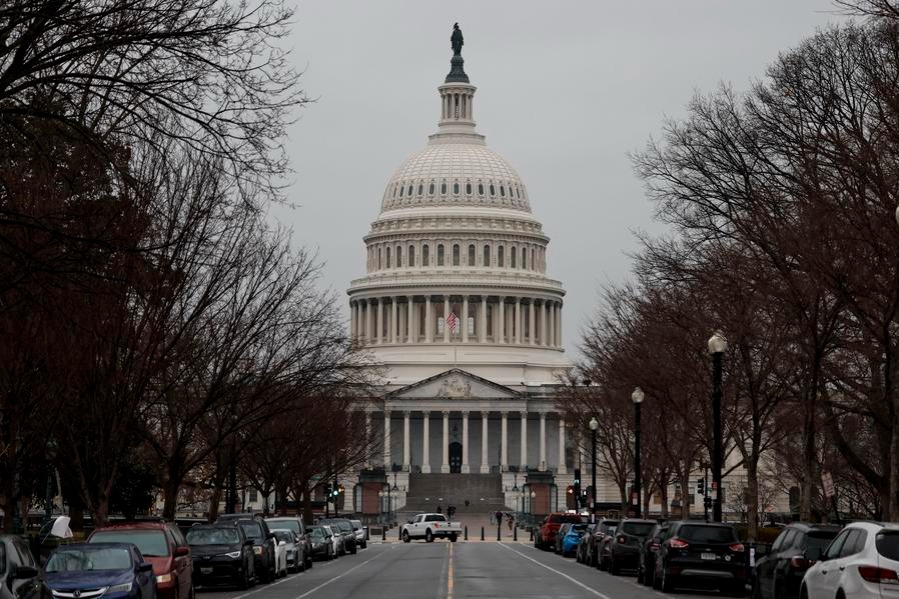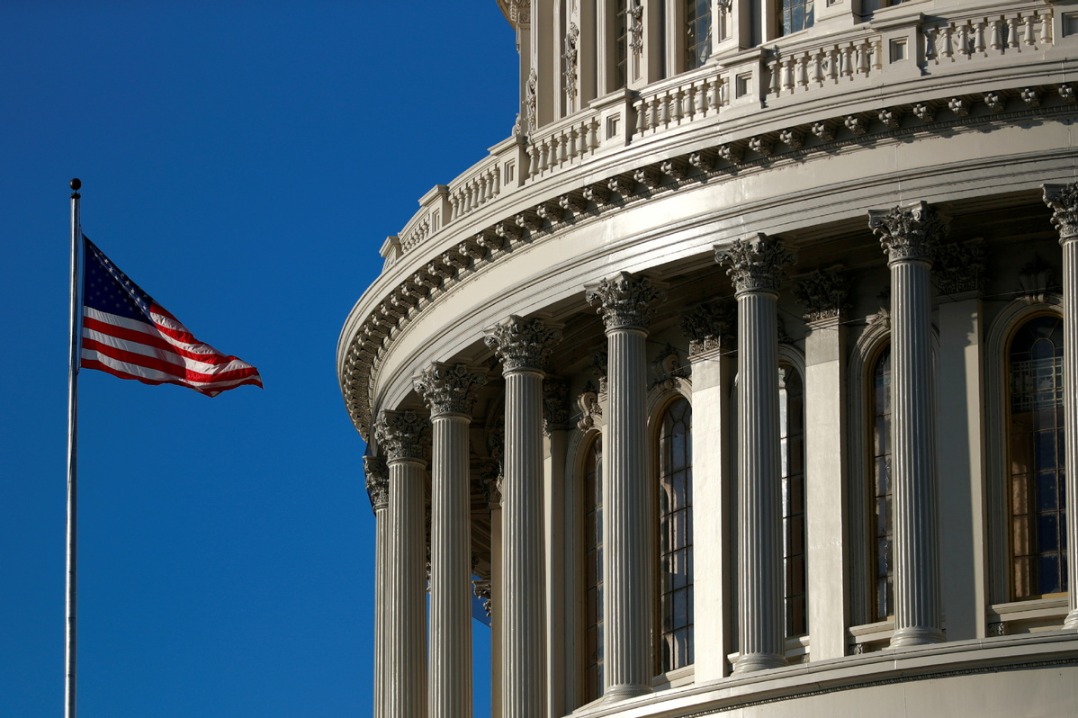Dialogue, not tit-for-tat violence, the way to resolve burning issues: China Daily editorial

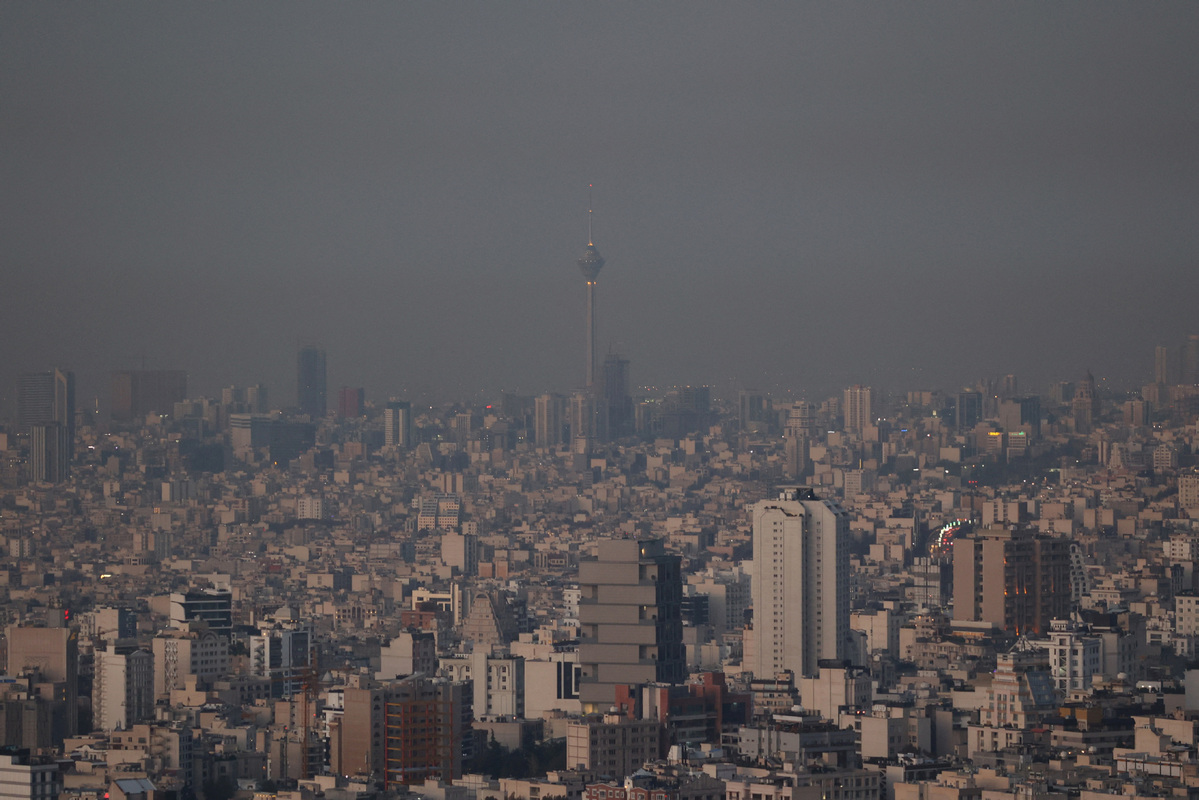
China has called on all parties to engage in more actions conducive to safeguarding regional peace and stability after yet another act of aggression by Israel that threatens to enflame and expand the conflict in the Middle East.
Just before dawn on Saturday, scores of Israeli jets completed three waves of strikes against missile factories and other sites near the Iranian capital of Teheran and in western Iran.
Whether Tel Aviv informed Teheran in advance of its attacks on Saturday and how precise the attacks were in targeting only military targets do not alter the fact they will herald the start of a new round of tit-for-tat violence in the region.
By warning its arch foe not to hit back after the latest strikes, Tel Aviv is trying to justify its Saturday campaign as a retaliation for Iran's Oct 1 missile attacks on Israel, seemingly telling Teheran it is now even. But that is just window dressing, as Iran's belated, measured retaliation had provided the warmongering Benjamin Netanyahu Cabinet with the excuse to immediately move on to the next part of its long-prepared agenda, taking Iran's Oct 1 attacks as the excuse to attack Iran directly.
It is Iran that had more reasons to say it was even after its Oct 1 missile attacks, which the Israel Defense Forces said caused no operational impact. And Teheran did, unequivocally telling Tel Aviv it is not intent on fighting a war with Israel. Iran's attacks four weeks ago were in retaliation to Israel's assassinations of Hamas leader Ismail Haniyeh in Teheran on July 31, and Hezbollah leader Hassan Nasrallah and Islamic Revolutionary Guard Corps general Abbas Nilforoushan on Sept 27.
Although Israel defends its killings of the three figures as righteous actions, its intensifying preparations for Iran's anticipated retaliation, particularly after Haniyeh's death, speak volumes of the fact that the killings were part of its efforts to force Iran to throw itself into the fray.
Another key fact Tel Aviv has intentionally ignored is that, thanks to the persuasion of many pro-peace countries, including China, Teheran exercised remarkable restraint after Israel's assassination of Haniyeh in its capital so as not to disturb the then ongoing Gaza cease-fire talks that were believed to be nearing a deal at that juncture.
Even after the cease-fire talks broke down, Iran hinted that its retaliation could be shelved as long as there remained hopes for an early cease-fire in Gaza.
Finding Teheran had not bitten its bait, Tel Aviv intensified its provocations by instantly upgrading its conflict with Hezbollah and its assassinations of Hezbollah leaders, one after another. It was Nasrallah's death, as well as Israel's serial assassinations of his successors in the following days, that prompted Teheran to act on Oct 1.
Israel and the United States spent that intervening period carefully deciding on the list of Iranian targets to be attacked. With the US undoubtedly using Israel as a batman to eliminate some Iranian targets it cannot attack directly itself.
The Netanyahu government has long envisioned a war with Iran that it can take advantage of to effectively mobilize the United States to markedly enlarge its unconditional aid and military support, divert the world's attention from its sins in Gaza, and survive the domestic criticism and opposition to its aggression.
More than one year after the Israel-Hamas conflict broke out in Gaza, Tel Aviv has finally created the conditions to concentrate on dealing with what it deems to be Israel's real threat.
By escalating the tensions in the Middle East days before the US presidential election, the Israeli leader is also trying to provide one of the US presidential candidates he favors with a political asset so that the one he bets on to become the future president-elect can exploit it to that end.
All that being said, the focus of a meeting the United Nations Security Council convened on Monday at Iran's call to discuss Israel's latest attacks should not be on how they should be defined according to international law, but for how long the US will allow the Middle East crisis to continue.
















